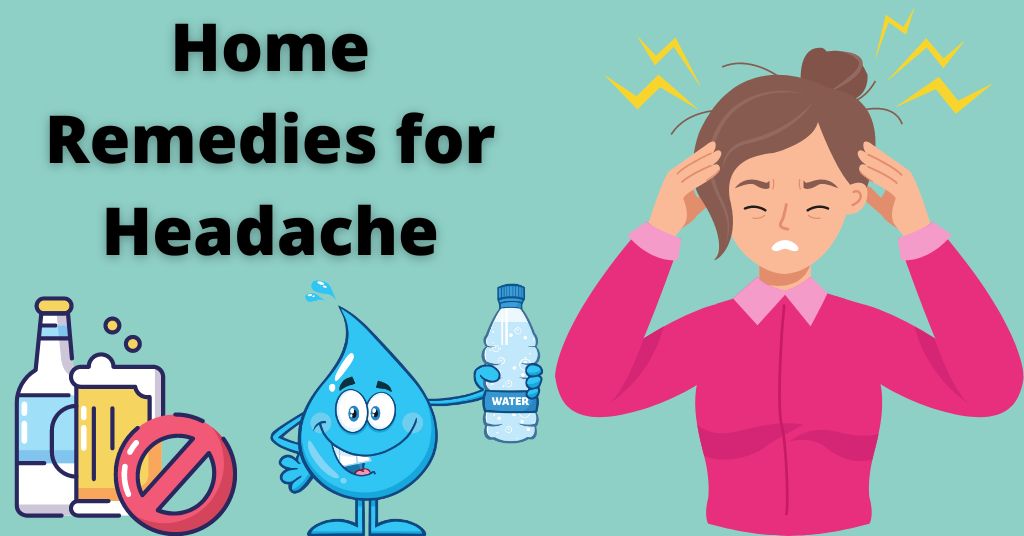These include aged cheese, smoked fish, cured meats, and fermented foods. You may also want to avoid artificial food additives, which can also contribute to histamine levels. Instead, focus on eating fresh fruits and vegetables, lean protein, and whole grains. This lifestyle change may help you avoid headaches and feel better overall.


